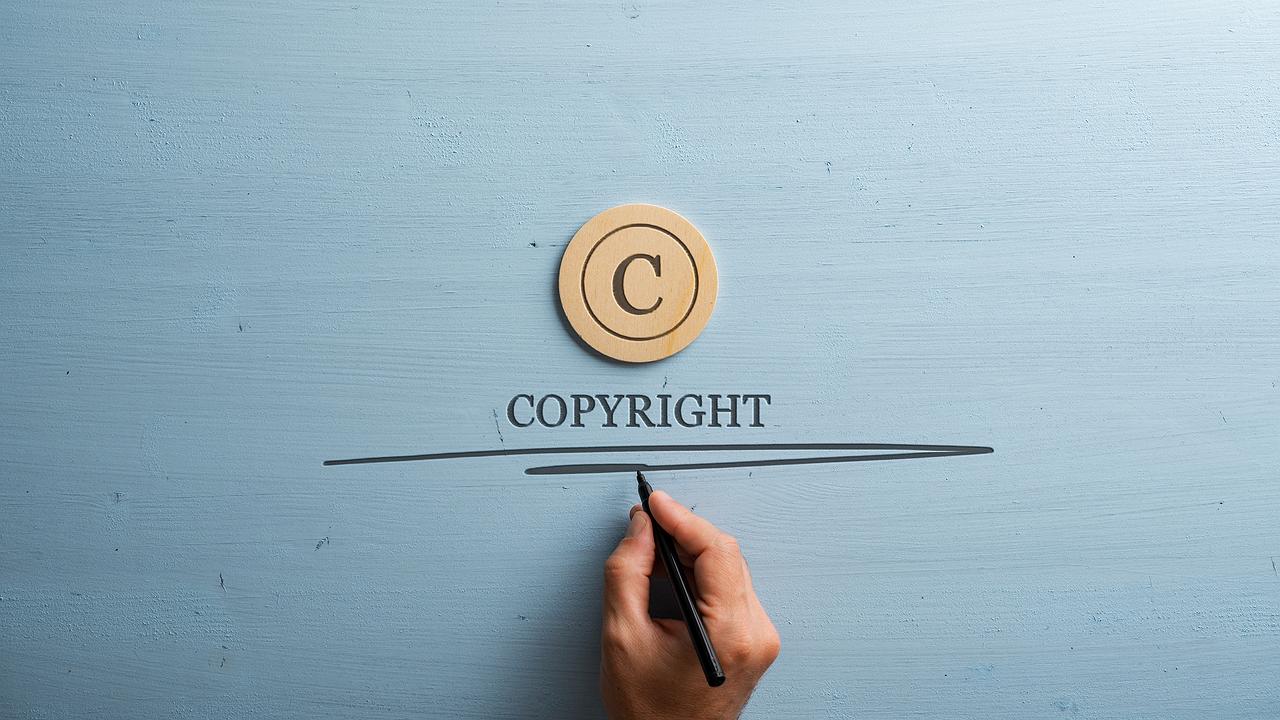Sascha Koll, “Jack Dorseys Kampf gegen geistige Monopole,” Freiheitsfunken Funken: Libertäre Glücksschmiede (April 24, 2025) (“Jack Dorsey’s fight against intellectual monopolies: A plea for a free market of ideas”). German translation below.
Related:
- Musk and Dorsey: “delete all IP law”
- Steptoe Patent Litigator Suarez: Musk and Dorsey’s Call to ‘Delete All IP Law’ Ignores Reality
- KOL459 | Twitter Spaces: Jack Dorsey, Elon Musk, Libertarian Property Rights, and the Case for Abolishing Intellectual Property
Imaginary property
Jack Dorsey’s fight against intellectual monopolies
A plea for a free market of ideas

Recently, Jack Dorsey, co-founder of Twitter (now X), and Elon Musk publicly called for the abolition of so-called intellectual property. The idea behind this demand, which seems very provocative to the average person, is not new and has been intensively debated for decades, particularly in libertarian circles. Central to this is the comprehensive argument of Hans-Hermann Hoppe and Stephan Kinsella, who question the concept of intellectual property from natural law, ethical, and praxeological perspectives.1
Why and for what purpose do we need property rights?
Intellectual property is generally understood as an exclusive right to intangible assets such as ideas, inventions, and artistic works. However, Hoppe and Kinsella see this as a fundamental misunderstanding of what property actually means: Property presupposes scarcity. In the material world, goods such as land, food, or clothing are scarce and usable by only one person at a time, making property rights necessary to avoid conflicts. Property rights primarily serve to prevent conflicts over the use of scarce resources or to resolve them based on these rights.
In contrast, ideas and information are not scarce, but can be reproduced at will and used simultaneously by an unlimited number of people without their use being restricted by others. The principle of original appropriation, emphasized by Kinsella, allows physical goods to be acquired through first use. However, this principle fails for intangible goods, since exclusive use is neither necessary nor possible in these cases. Kinsella also emphasizes that there is no ethical justification for intellectual property, as it is not based on natural appropriation or contractual agreements, but arises exclusively through state intervention.
Imaginary property creates artificial scarcity and with it new conflicts (( On the term “imaginary property,” see Intellectual Poverty; Renaming Intellectual Property; Intellectual Properganda. —SK ))
Kinsella argues praxeologically—that is, logically and consistently based on human behavior—that intellectual property is not only unethical but also contradictory in practice. It creates artificial scarcity through state-guaranteed monopolies and forces people to depend on legal uncertainties, which hinders rather than promotes innovation processes. The monopoly on ideas prevents free markets and the competition that actually drives innovation.
The “Golem” article linked below practically illustrates how problematic and conflict-ridden intellectual property can be in everyday life.2 Companies are often confronted with legal uncertainties and a flood of patent disputes that hinder rather than promote innovation. Especially in the digital world, attempts to enforce intellectual property rights lead to absurd situations in which users and creatives are constantly at risk of unknowingly committing infringements.
Do patents promote research?
A common counterargument is that patents are necessary to enable research and development in the first place. Kinsella, however, strongly disagrees. He argues that the patent system actually leads to a distortion of research investment. Research in patentable areas is overfunded, while non-patentable areas, particularly basic theoretical research, remain underfunded. Furthermore, patents incur significant administrative and legal costs, such as patent litigation and the employment of patent attorneys. These resources, according to Kinsella, would be better invested directly in innovative research.
Kinsella further argues that the assumption that patents increase overall prosperity or the rate of innovation is not clearly proven. In fact, innovation might actually be more strongly promoted if firms were not protected by temporary monopolies and had to rely on continuous innovation to survive in the market.
Furthermore, Kinsella also criticizes intellectual property from the perspective of its moral and social consequences. He argues that patents and copyrights have historically been tools of censorship and privilege for certain groups who benefited at the expense of the general public. Intellectual property thus represents a form of arbitrary state intervention that contradicts natural property rights.
Dorsey and Musk are on to something
Dorsey and Musk seem to intuitively recognize what Kinsella has theoretically established: intellectual property is not, in fact, legitimate property, but a government construct that often does more harm than good.
Instead of fundamental justification – which has long been the case in libertarian circles – the focus is now on concrete alternatives to the state monopolization of ideas: crowdfunding and patronage, open innovation platforms, or voluntary licensing models that promote genuine competition and continuous innovation. Especially in the digital world, such decentralized, market-driven mechanisms can intervene where patents and copyrights are still a hindrance today – thus enabling a truly free, dynamic market of ideas.
In general, I am pleased that Dorsey and Musk addressed the issue and even made it into the German press.
“Golem”: Dorsey and Musk call for the abolition of intellectual property
- See Kinsella, Against Intellectual Property + Supplementary Material; Hoppe on Intellectual Property; Imaginäres Eigentum – Naturrechtliche Kritik am Geistigen „Eigentum“ (Hans-Hermann Hoppe, Stephan Kinsella), “Imaginary property: Natural law criticism of intellectual ‘property,’” Authors: Hans-Hermann Hoppe, Stephan Kinsella. Compilation and translation: Manuel Barkhau. —SK [↩]
- „Golem“: Dorsey und Musk fordern Abschaffung geistigen Eigentums. [↩]




You must log in to post a comment. Log in now.